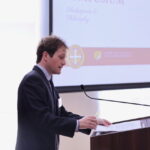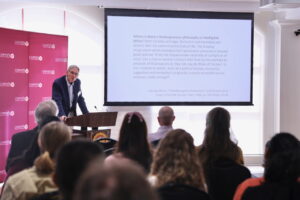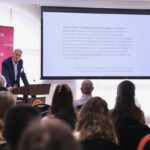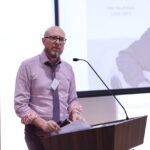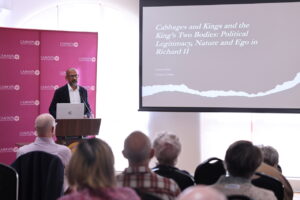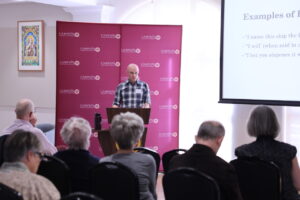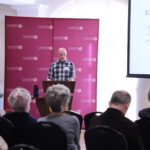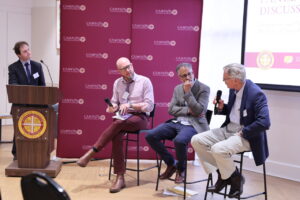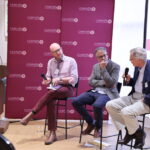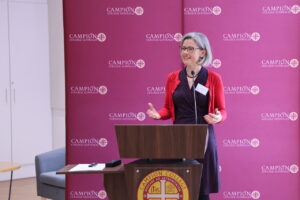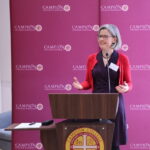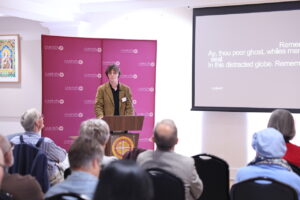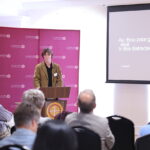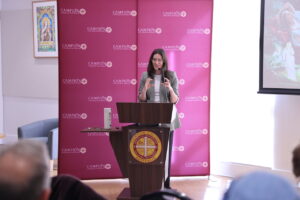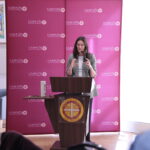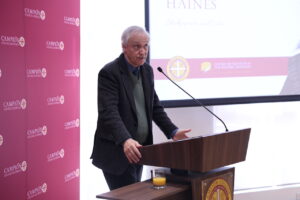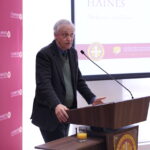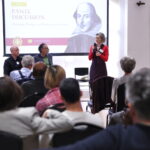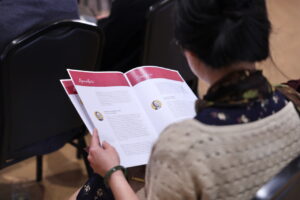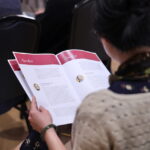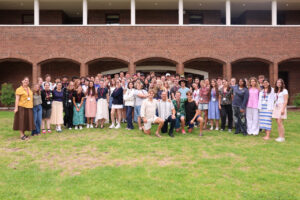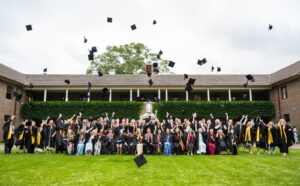Shakespeare and Philosophy at Campion College Symposium
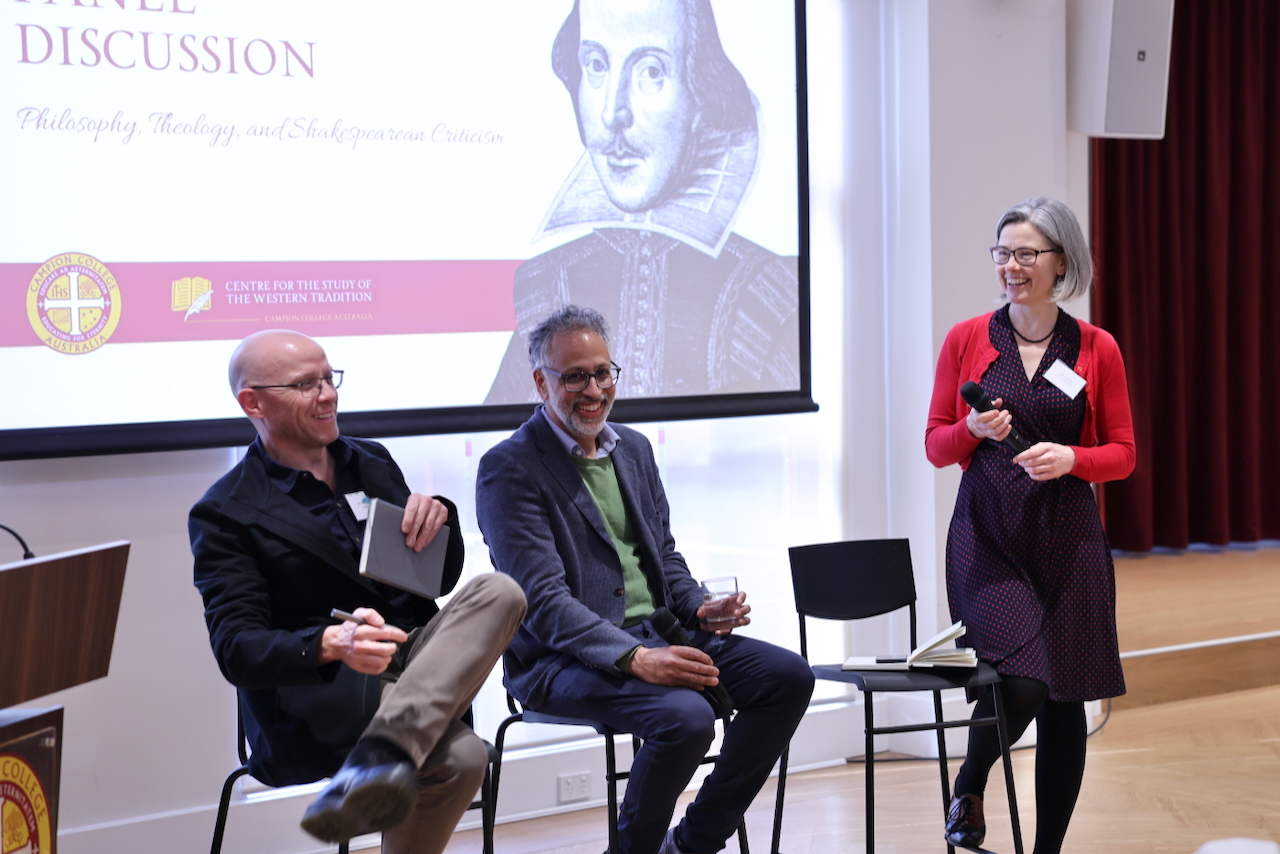
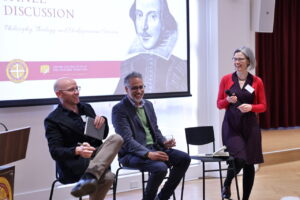
Campion College’s Centre for the Study of the Western Tradition welcomed scholars and enthusiasts from across Australia to Toongabbie on 5–6 September for its Shakespeare Symposium, a two-day gathering that sought to explore Shakespeare’s works at the intersection of literature and philosophy. The event brought together a distinguished group of speakers, including two Campion College graduates, Dr Angela Schumann and Simeon Casey, whose contributions reflected the flourishing of alumni scholarship alongside leading academics such as Dr Kishore Saval, Dr Colin Dray, Dr Jeremy Bell, Dr Amitavo Islam, Dr Julian Lamb, Dr Kate Flaherty, Professor Simon Haines and Emeritus Professor Will Christie.
In his opening remarks, Dr Jeremy Bell, Director of the Centre, reminded participants that Shakespeare cannot be separated from the larger questions of human existence. “To take Shakespeare seriously means among many other things to take philosophy and theology seriously in some sense – not to accept any particular philosophy, let alone theology, but to take the question seriously” . This spirit of serious questioning was evident throughout the symposium.
The keynote address was delivered by Dr Kishore Saval, who spoke on Hamlet and Merleau-Ponty. Reflecting on the phenomenology of perception, he noted how Shakespeare anticipates the idea that “my own words take me by surprise and teach me what I think” . In Hamlet, thought emerges not as controlled reflection but as something overheard, revealed in language itself, and the play becomes a meditation on what it means to be both a seeing and a seen being.
Panels across both days explored Shakespeare’s politics, philosophy and theology with lively exchange between speakers and audience. Discussion of Julius Caesar circled around Brutus’ inability to grasp his own motives. “Almost every decision Brutus makes is wrong in political terms,” remarked Professor Christie, “whether it’s wrong in moral terms becomes the question of the play” .
By the symposium’s close, attention turned to the role of Shakespeare and the humanities in our present cultural moment. Dr Kate Flaherty drew parallels between gospel stories and Shakespeare’s drama, reflecting on the moment in The Winter’s Tale when Leontes touches the statue of his wife and exclaims, “O, she’s warm.” “He experiences the truth not by comprehending it but by apprehending it,” she said. “Shakespeare gives us moments where we see something before we can put it into words, and it changes us” .
Other speakers connected this theme directly to the place of the humanities in education. Dr Julian Lamb reflected that in such moments “the sense of an obligation to know comes before the knowing itself” , while Dr Amitavo Islam described how the value of the humanities is difficult to quantify, but can be experienced as the kind of transformation that cannot be replicated elsewhere.
The symposium showed that Shakespeare continues to be a vital companion in the search for wisdom, resilience and meaning. For Campion College, the presence of alumni like Angela Schumann and Simeon Casey on the program testified to the way a liberal arts education can cultivate scholars who are able to join, and now to shape, these conversations.
See below for photos from the symposium.


